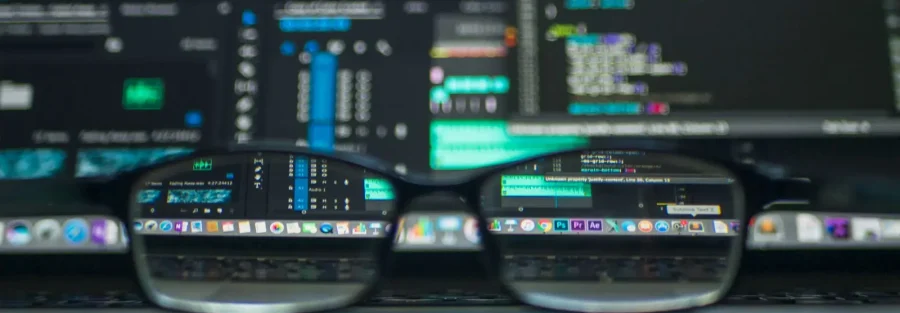The U.S. economy is leaning heavily on technology, and that dependence may be risky. New modeling from Oxford Economics shows that if tech investment slows, America could be pushed close to recession, with global markets also feeling the hit.
Adam Slater, lead economist at Oxford Economics, warned that without the tech sector, U.S. growth would have been almost flat this year. “Without tech investment, U.S. GDP would have barely grown in the first half of 2025, and business investment would have actually declined,” he said in a note shared with Fortune.
Tech Is Driving Growth
Technology has become the engine of America’s economy. Investment in artificial intelligence, software, semiconductors, and digital infrastructure has boosted productivity and attracted billions in new capital. For many, tech represents the future.
But there are echoes of the dotcom boom. Back then, optimism created well-known companies, but also a massive bubble that wiped trillions from markets. Analysts are wary of repeating history, and even JPMorgan Chase CEO Jamie Dimon has warned that parts of today’s investment cycle look like a bubble.
Two Possible Downturns
Oxford Economics modeled two scenarios if tech slows:
- Scenario One: A U.S.-focused slowdown. If tech investment and stock prices weaken, U.S. GDP growth could drop to just 0.8% in 2026. Slater called this level “flirting with recession.” Global growth would also slow, from 2.5% to 2%.
- Scenario Two: A global shock. If equity markets abroad follow the U.S. downward, the hit would be bigger. Global GDP growth could fall to 1.7% in 2026. Trade partners like Mexico and Canada would suffer, as well as Asian tech-heavy economies such as South Korea, Taiwan, Vietnam, and Malaysia. By 2027, output in these countries could be 1.5% lower than expected.
Not as Bad as Dotcom, but Still Painful
Slater stressed that this situation is not as severe as the dotcom crash. Valuations are high but not extreme. A realistic correction might be around 25%, far less than the 50% crash of the early 2000s.
Still, the risks are serious. U.S. households are more tied to the stock market than ever. Equities now equal about 250% of disposable income, compared with 180% in 2000. About 60% of families own stocks, with wealthier households, who drive nearly half of all consumer spending, holding the most. If markets tumble, consumer confidence and spending could fall quickly.
A Fragile Growth Engine
The challenge is that today’s optimism is not without reason. AI and digital technologies are truly changing industries, raising productivity, and reshaping the workplace. Businesses and investors have good reasons to be excited.
But history shows that even real innovation can drive bubbles when expectations run too far ahead of reality. The U.S. economy has become increasingly dependent on a single growth engine. If technology slows, there’s little cushion to fall back on.
For now, tech is powering America’s momentum. But Oxford Economics warns that if investment stalls, the U.S. could see slower growth, weaker markets, and even a brush with recession. The global economy would not escape the damage.
The question is no longer whether tech matters; it’s whether America can withstand the shock if that sector falters.





